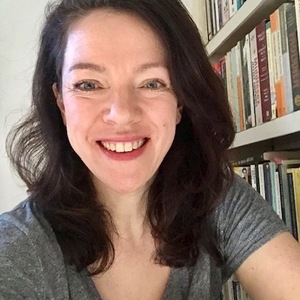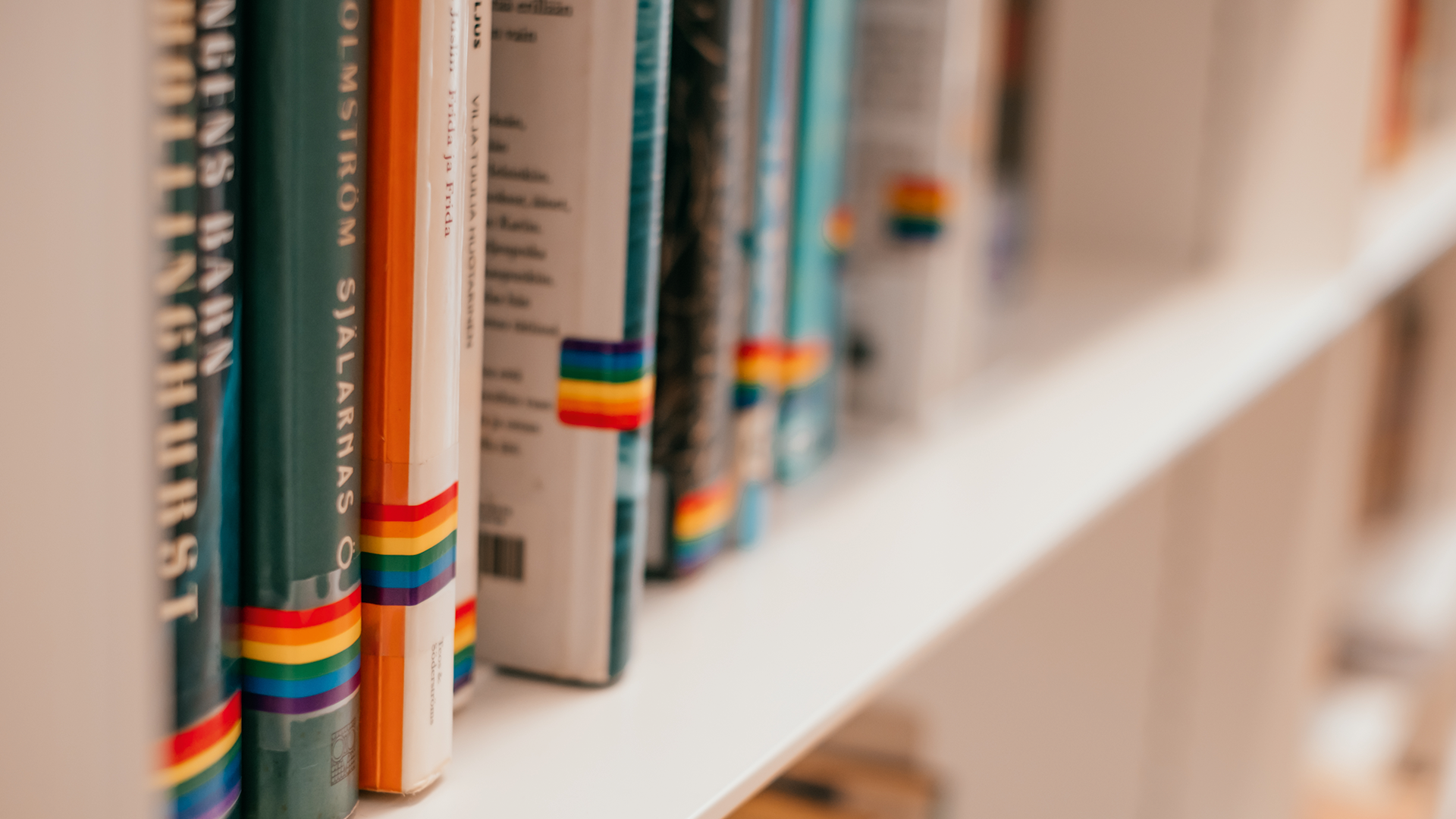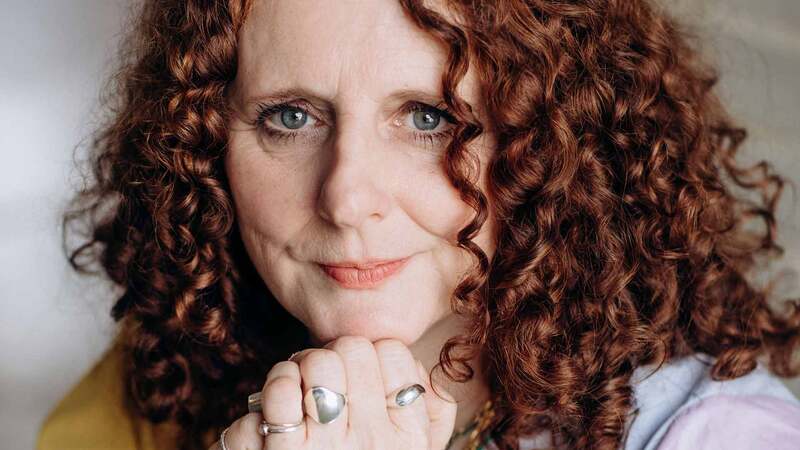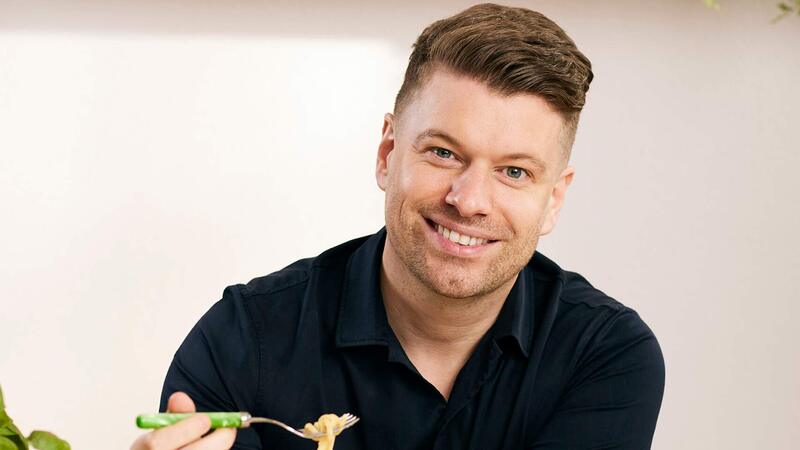Publish proudly
LGBTQ+ representation in books is under threat. This is a rallying cry to those in the industry: keep championing inclusive literature
I have a sticker on my laptop that says “LGBTQ books save lives”. This is a truth that cannot be underestimated. To feel happy—hell, to feel safe—we all need to see representations of ways of living and being that make us feel valid, that make us feel less isolated, that give us hope and inspire possibility. Books generate empathy and provide validation. And so we need to ensure that there is always a broad and inclusive range of LGBTQ+ books in schools and libraries. Our roles as gatekeepers in this industry are a key part of this.
Sometimes it only takes one book to change a life. For me it was Emma Donoghue’s Stir Fry and to this day I don’t quite know how I chanced upon it—that was before the internet, after all. There they were on those pages: two women who loved each other, lived together, slept together. It was a whole world of possibility. Suddenly the things inside my heart and head weren’t at odds with literally everything I had seen in the world around me prior to that point. Suddenly there was at least one other person—and therefore probably more—who wanted what I was beginning to understand that I wanted. Before I read that book I had felt like maybe I was a bit faulty or strange in some way, and that is a lot to carry as a young person.
The feelings of happiness... which I feel now are things that I could have felt all my life if society had been different when I was younger
Because of the lack of inclusive literature in my youth, I internalised a lot of negative stereotypes, slurs and prejudices before I even saw a hint of positive representation. The giant tombstone of the government’s AIDS propaganda loomed large in my mind; an adult’s comment that to be gay was to be lonely and have a hard life stuck in my head. As a result I censored myself for many years. Trust me when I say that internalised homophobia and biphobia are some noxious inner demons to overcome.
We need to protect young people from this sort of harm. The feelings of happiness, completeness and authenticity which I feel now are things that I could have felt all my life if society had been different when I was younger. These days young people have a better chance of accessing this level of self-love and self-worth from an early age, so long as we continue to fight for the right for them to see themselves represented in books.
That has to be our base line. If we safeguard that, and ensure that we always drown out the hostility and harmful stereotypes with positive representations that allow queer people to feel seen, then we can go even further. We can publish books which show LGBTQ+ people the wonderful expansive potential of our identities: that affirm that our capacity for joy and growth are endless and allow us to go out in to the world with confidence.
Section 28 (legislation which prohibited the “promotion” of homosexuality) came into law when I was eight years old and was repealed the year that I graduated from my Masters, having eclipsed the vast majority of my years in education. The truth is I didn’t even know about it until I was older, and started to piece together what I had lost, what had been stolen from me. Just a few months ago I revisited some writers that I had studied in depth and realised for the first time that they were queer, a detail that had been omitted from my studies.
Section 28 didn’t just end overnight; the after-effects were felt in classrooms for many years. The education system is still not as inclusive as it could be but it’s better. I went past my eldest’s school the other day and commented on how wonderful it was to see the Progress Pride flag hanging outside. My youngest asked why it was even needed—in his worldview, gloriously, anyone is free to love anyone (although he maintains that snogging is gross, regardless of who is doing it). That is in part due to his family life but also to what he has been exposed to in school and in the books that he has read, which have normalised a range of relationships and family set-ups.
I wish I could agree with my son but in reality we cannot afford to be complacent. There is a growing movement that would wish that flag removed from my son’s school, that would see book bans applied to school libraries once again, that would result in teachers nervously packing away their rainbow lanyards and returning to living double lives like those depicted in the fantastic recent film “Blue Jean”.
This is not scaremongering: this is happening now. We sadly cannot afford to take it for granted that the progress and inclusion that have been fought for will continue to grow, or even remain in place. It has already been a particularly hostile year in terms of anti-LGBTQ+ legislation and has seen concerted efforts to make us less visible. There have been protests outside libraries and children’s groups, attempts to censor libraries and bookshops, and frequent acts of cruelty towards trans and non-binary people in particular.
You only have to spend five minutes on social media to see that there is a rising tide of anti-LGBTQ+ sentiment in this country and a slow erosion of hard won rights. Allies, I implore you to spend time engaging with what is happening, because we in the LGBTQ+ community need your support. As gatekeepers in this industry, we have such a privileged position in terms of deciding who gets to see themselves in books and in terms of the messages we give around tolerance. Let’s keep on enabling children and young people to feel valid in being their true and authentic selves, and to celebrate one another’s differences in the process.

















